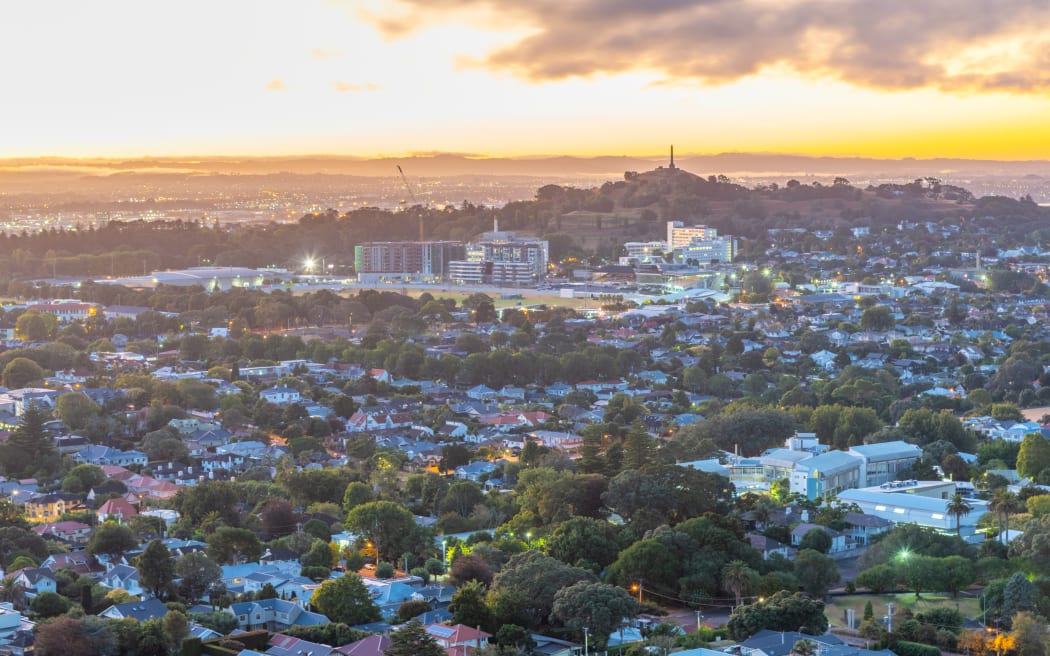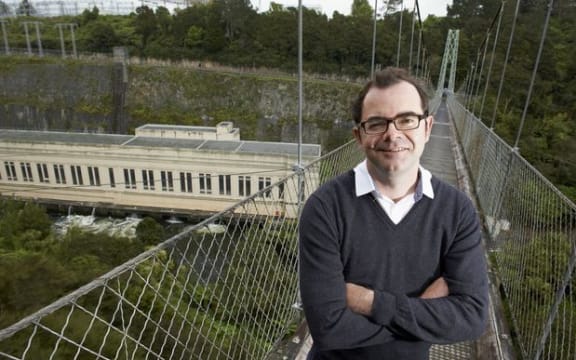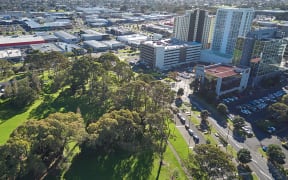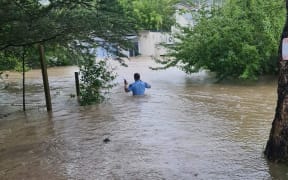
Auckland City. Photo: 123rf
Urban planning experts at the University of Waikato say a new way is needed to understand how urban growth affects natural hazard risk.
University of Waikato professor Iain White said the country currently models future risk onto current urban environments, but this did not give a realistic picture, as houses, roads, and other development was constantly happening.
"The challenge is to have the future climate modelled on the future urban form, and then you have a much better idea of what the future risk might be."
The new agent-based model will simulate how 'agents' such as developers, planners, and landowners interact with each other, so planners can better understand how policy changes - such as with regard to zoning, natural hazards or climate change - affect development behaviour and outcomes. This sort of modelling hasn't been done in New Zealand before, but ... every model is really a simplification of reality.
"We are looking at the key players to find out how and why people buy the land they do and make decisions over the type of development they build, and what would happen if we change some of the scenarios around it."

Iain White. Photo: supplied
For example, how would developers respond if land was more classified as more risky?
"If we have a better idea of how developers would react to some of our risk policies, we can use them more effectively to avoid passing cost on to future governments and ratepayers."
White said modelling which took future development into account was better for everyone.
"You don't want to saddle any future government with future liabilities which can be avoided by just making smart decisions now."
He said this did not need to mean less housing or even less land being available.
"Part of it can be mitigated if you use the surrounding land differently."
White had received funding through the EQC Toka Tū Ake University Research Programme to develop a model which could simulate future development.
EQC Toka Tū Ake risk reduction and resilience principal advisor Dr Wendy Saunders said White's project could be a gamechanger for developers to stop building in areas likely to be affected by natural hazards.
"The severe weather events in the past year have shown us how much trauma and financial stress could have been avoided with better planning and making the avoidance of natural hazards, or reducing their impacts, a bigger priority."
Saunders hoped the new model would enable planners and developers to look further into the future to make sure new developments avoid or reduce potential hazards that could already be predicted with the available science.




